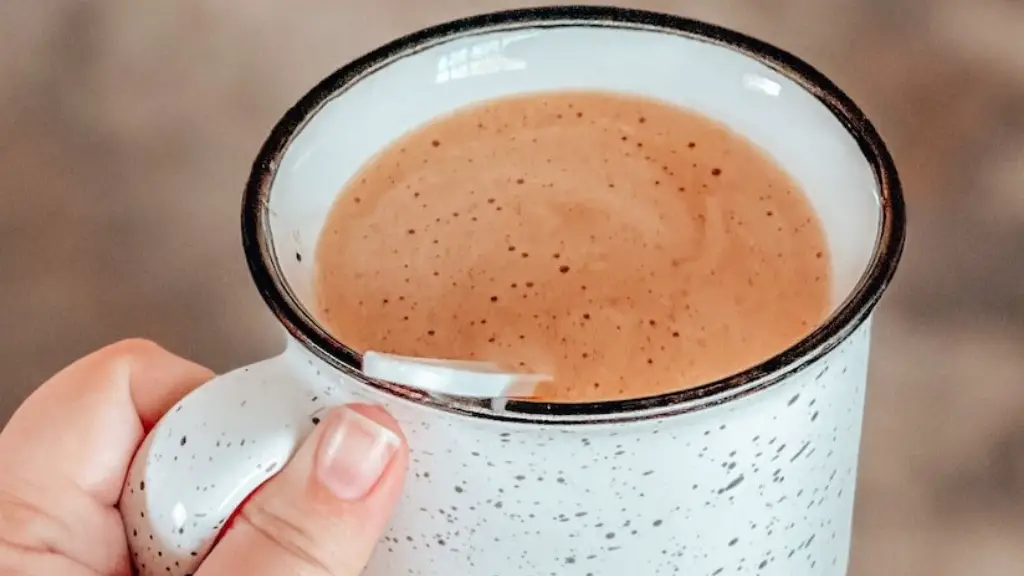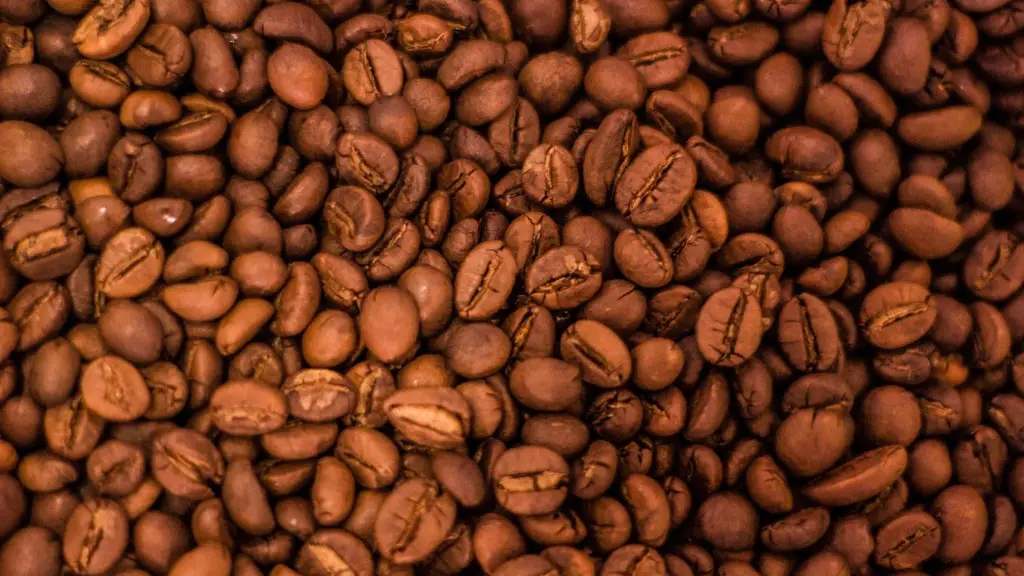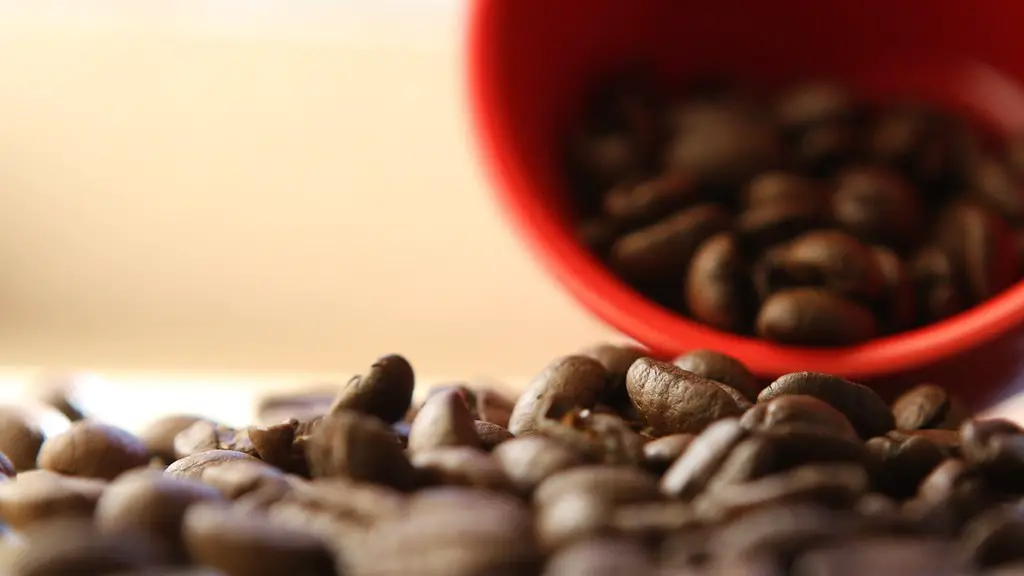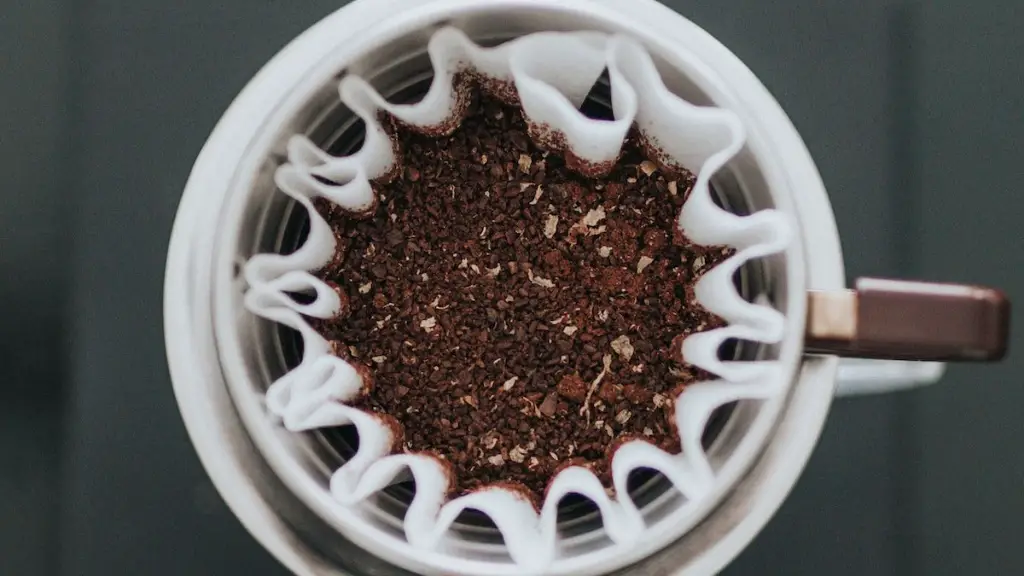Navratri is an auspicious nine-day Hindu festival celebrated to commemorate the victory of good over evil. As part of the rituals and on some days of the festival, many Hindus opt to fast, abstain from all grains and cereals, and even abstain from consuming any kind of food or beverage for the whole day, as a religious practice.
The big question that arises though is whether one should include coffee, devoid of any food items, in this list of prohibited things during such a fast. To understand the answer to this, we need to first understand the various terminologies associated with fasting.
Fasting generally means abstaining from all cereals, grains and food items, like rotis and sabzis. In simpler words, consuming anything that is considered “solid food” is not allowed. As for liquids, people generally abstain from cow milk and all its dairy products like curd, butter, ghee and paneer. But does this mean that all other liquids like tea and coffee should also be avoided? Not necessarily.
Experts believe that as longer fasts, especially strict ones, requires more determination and being devoid of caffeine intake can lead to a caffeine withdrawal headache and fatigue in many. Hence, abstaining from any kind of liquids should be done only with utmost caution and at the complete discretion of the practitioner.
Coming back to the question of coffee, we need to understand that it depends on one’s own perspective and understanding of what Navratri fasting means to them personally. Many practice restrains from taking tea or coffee as part of their fast but for others it may not be a restriction that they consider religious or mandatory. Fasting is essentially a personal practice and so no one should impose their choice of fasting on others. We need to respect everyone’s religious beliefs and fasting beliefs.
In general though, coffee is generally not recommended for people practising Navratri fasting as coffee does contain some amount of caffeine and it does not help maintain the traditional religious observances of such a festival. Hence, people should abstain from consuming coffee or tea as part of such a fast unless the circumstances are extenuating and only then with the permission of their guru or spiritual leader.
The Impact of Coffee on Fasting
Coffee can indeed have a significant impact on a person’s fasting experience, be it Navratri or any other fast. It can leave them feeling tired and sluggish throughout their fasting period if they are not used to going without it. Many people who are accustomed to drinking coffee may feel that going without it during their fast can result in them feeling washed out, dizzy and faint.
Coffee also acts as a diuretic, stimulating the kidneys to produce more urine and this can lead to dehydration. Dehydration can make a person feel even more tired and lethargic during the fast, which is something that you want to avoid.
Many experts believe that caffeine can also interfere with the production of hormones, such as the hormones that help the body break down carbohydrates and other food sources. This can adversely affect the fasting process, making it difficult for the body to derive energy from its regular food sources and thus making a person feel weak and tired quickly compared to those who are not fasting.
It is always recommended to only drink decaffeinated coffee when observing a fast, as even decaffeinated coffee can have a mild level of caffeine that could potentially affect the fasting process. It is best to abstain from drinking coffee altogether during such a fast and stick to herbal teas, like holy basil tea or mint tea, to maintain energy and nourishment, while still observing the religious principles of such a festive period.
What Alternatives are Available
For those who are looking for ways to maintain energy levels while fasting, there are a number of alternatives that can be pursued. Herbal teas and fresh fruit juices can both be consumed during a Navratri fast and can help provide the body with beneficial antioxidants, vitamins and minerals.
Fresh vegetable juices and smoothies are also an excellent way to gain nutrition during a fast, helping to maintain energy levels, balanced blood sugar levels and overall good health. Coconut water can also help to replenish electrolytes, minerals and vitamins, which are all necessary for the fasting process.
Granola bars, nuts and seeds are also a great source of nourishment and can be consumed during a Navratri fast, while still observing the various religious customs and rituals associated with such a festival.
Diet with Coffee and Fasting
Apart from these alternatives, it is also important to pay attention to one’s overall diet during a Navratri fast. Eating a balanced diet, rich in proteins and vegetables, can help provide the body with the necessary nutrients it needs to help remain energised and stay alert while not consuming the foods usually associated with fasting.
Consuming proteins, like milk, yogurt and eggs, can provide sustenance and endurance during a fast. Additionally, incorporating seasonal fruits into one’s diet can provide the body with essential vitamins and minerals that can help sustain energy levels throughout the day.
To get a full range of nutrients, one should also include a variety of nuts and seeds in their diet. Almonds, walnuts, pumpkin seeds, flaxseeds and chia seeds are all important sources of nutrients that can help balance blood sugar levels, which can help maintain energy levels during a rigorous fast.
Conclusion
All in all, everyone should make sure that they keep their body nourished and hydrated during such a fast in order to make the most out of their experience. Drinking water, fresh fruit and vegetable juices, coconut water and herbal teas are a great way to ensure that one is getting the necessary fuel for their body and maintain energy levels, both physically and spiritually, during the nine days of Navratri.




